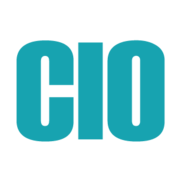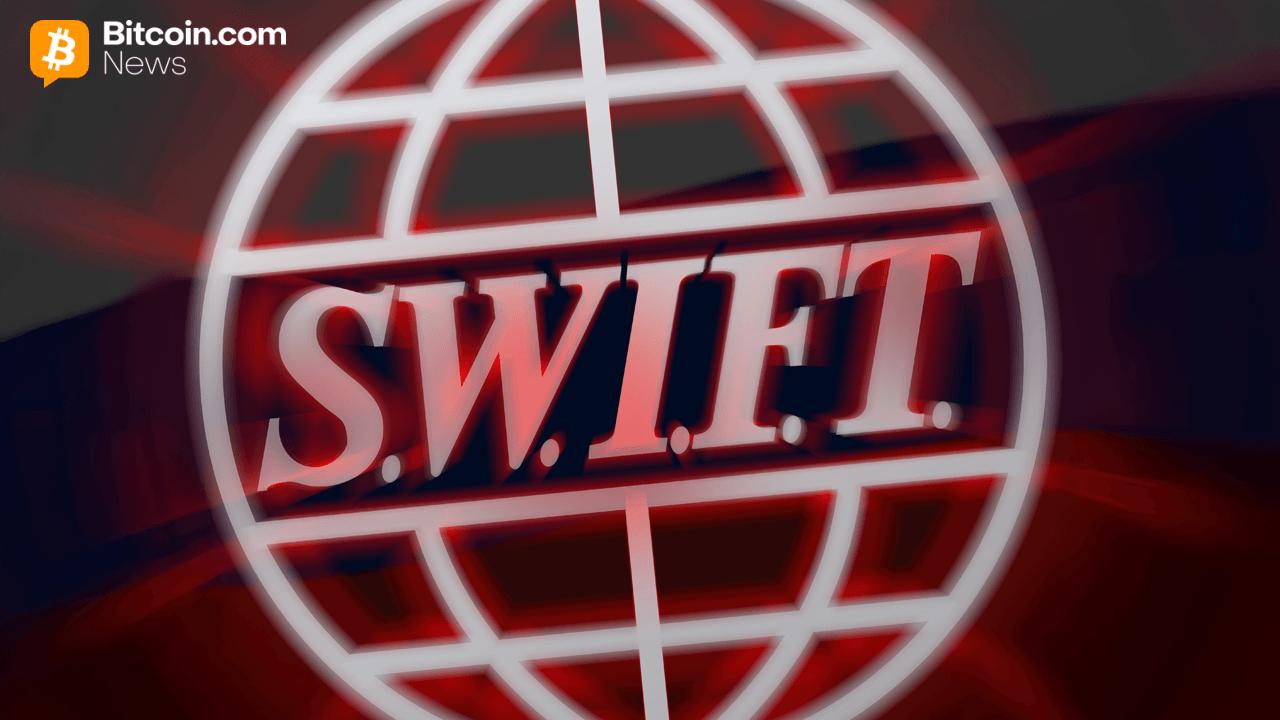Digital Asset Policy Transformation: A New Era of Innovation
Digital Asset Policy Transformation: A New Era of Innovation
The digital asset landscape in the United States is undergoing a profound transformation, marking a pivotal shift from regulatory uncertainty to strategic action. As highlighted at recent industry symposiums, this evolution reflects an era where momentum and innovation are taking center stage across multiple sectors of the blockchain economy.
Political Momentum Drives Policy Evolution
With a more crypto-friendly administration and bipartisan progress in Congress, the political outlook for digital assets has shifted dramatically. The era of "regulation by enforcement" is giving way to a comprehensive focus on building sustainable, long-term market structures. Regulators and lawmakers are now committed to creating frameworks that foster innovation while establishing essential guardrails, providing clarity to support the 40 to 50 million Americans actively engaged in cryptocurrency markets.
This regulatory evolution represents more than policy adjustment—it signals a fundamental recognition of digital assets as legitimate components of the modern financial ecosystem. The shift toward proactive regulatory frameworks demonstrates unprecedented institutional commitment to nurturing technological advancement while maintaining consumer protection standards.
Convergence of Traditional Finance and Blockchain Technology
Traditional finance institutions and digital asset infrastructure are increasingly converging in meaningful ways. Wall Street firms are demonstrating readiness to integrate blockchain technology, contingent upon demonstrable improvements in operational efficiency, cost reduction, and security enhancement over legacy systems. Through concrete implementations like blockchain-based back-office improvements, financial institutions are accelerating integration processes.
This convergence envisions a future where exchange-traded funds and mutual funds operate seamlessly on blockchain infrastructure. The infrastructure-first approach emphasizes investment in foundational technologies—the essential building blocks of the blockchain economy. Asset managers and technology experts are signaling collective readiness for this transformative transition, marking an essential phase in digital finance evolution.
Bitcoin as Strategic Corporate Treasury Asset
Bitcoin's emergence as both a macroeconomic asset and corporate treasury strategy component represents a significant market development. The "Digital Assets Treasury" movement, inspired by pioneering firms, has encouraged companies to embrace Bitcoin as a strategic reserve asset. This approach allows organizations to align with Bitcoin's long-term value proposition while potentially trading at premium valuations.
However, industry experts emphasize the importance of maintaining disciplined acquisition strategies and ensuring transparent financial disclosures. These practices are essential for fostering institutional trust and market sustainability, preventing volatility patterns that could discourage broader institutional participation. The key to long-term success lies in balanced approaches that combine strategic vision with prudent risk management.
Bitcoin Mining Sector Transformation
The Bitcoin mining industry stands at a critical juncture where infrastructure development and energy optimization converge. Industry leaders are highlighting a notable transition within the sector, expanding beyond traditional cryptocurrency mining toward comprehensive "sovereign compute" services, including artificial intelligence data center support, thereby diversifying operational capabilities.
Mining success increasingly depends on accessing scalable, cost-effective energy resources rather than purely computational power metrics. Mining companies are evolving into energy strategists, leveraging innovative financial arrangements and partnerships with technology giants to explore new operational territories. This transformation signals potential industry pivoting toward energy arbitrage opportunities, assembling essential information technology infrastructure to support diverse computational systems.
Artificial Intelligence and Blockchain Integration
The convergence between artificial intelligence and blockchain technology represents a transformative frontier in digital innovation. Blockchain's potential to address transparency challenges in AI model inference and data privacy concerns offers solutions to growing demands for accountability in data handling and verification processes. By providing robust audit trails, blockchain technology challenges opaque data practices while establishing frameworks for technological synergy.
This integration promises unprecedented transparency for complex AI systems through blockchain's immutable and decentralized framework. As users increasingly face data absorption into AI systems, blockchain offers vital trust layers, reinforcing how information is accessed, processed, and verified, potentially redefining digital governance standards.
Future Capital Markets Vision
The concept of capital markets operating entirely on blockchain payment infrastructure represents an ambitious yet increasingly realistic vision. Peer-to-peer trading across various securities with near-instant settlement capabilities is transitioning from speculation to practical implementation. Recent legislative developments serve as cornerstones for allowing decentralized financial services to flourish under regulatory frameworks, showcasing clear momentum favoring innovation.
This digital asset policy transformation in the United States marks a definitive turn toward a more secure and innovative financial future. Through responsible regulatory frameworks and strategic convergence initiatives, the blockchain economy is positioned to exceed its foundational aspirations, creating sustainable value across traditional and emerging financial sectors while maintaining essential consumer protections and market integrity standards.










